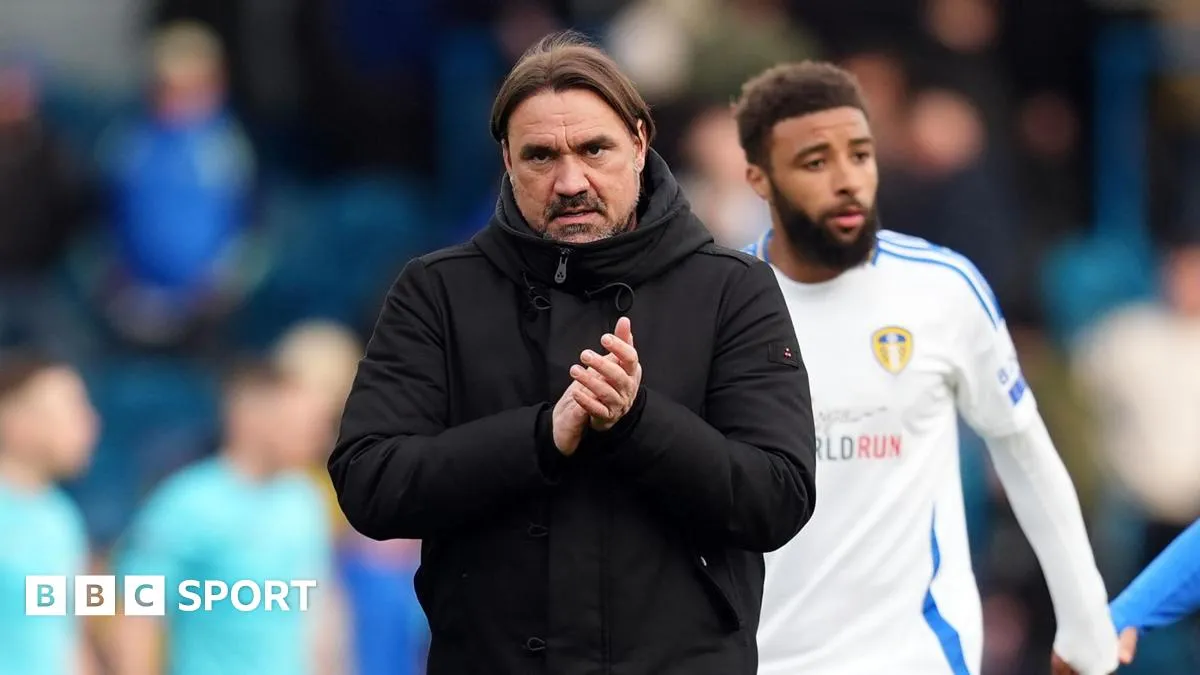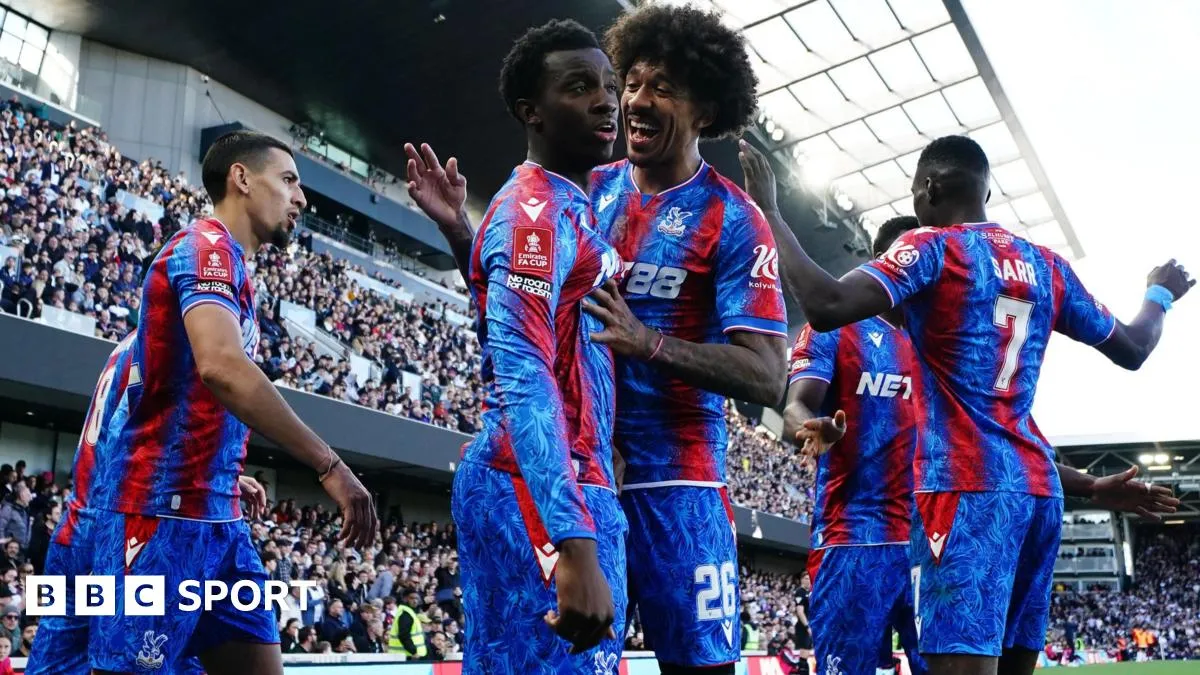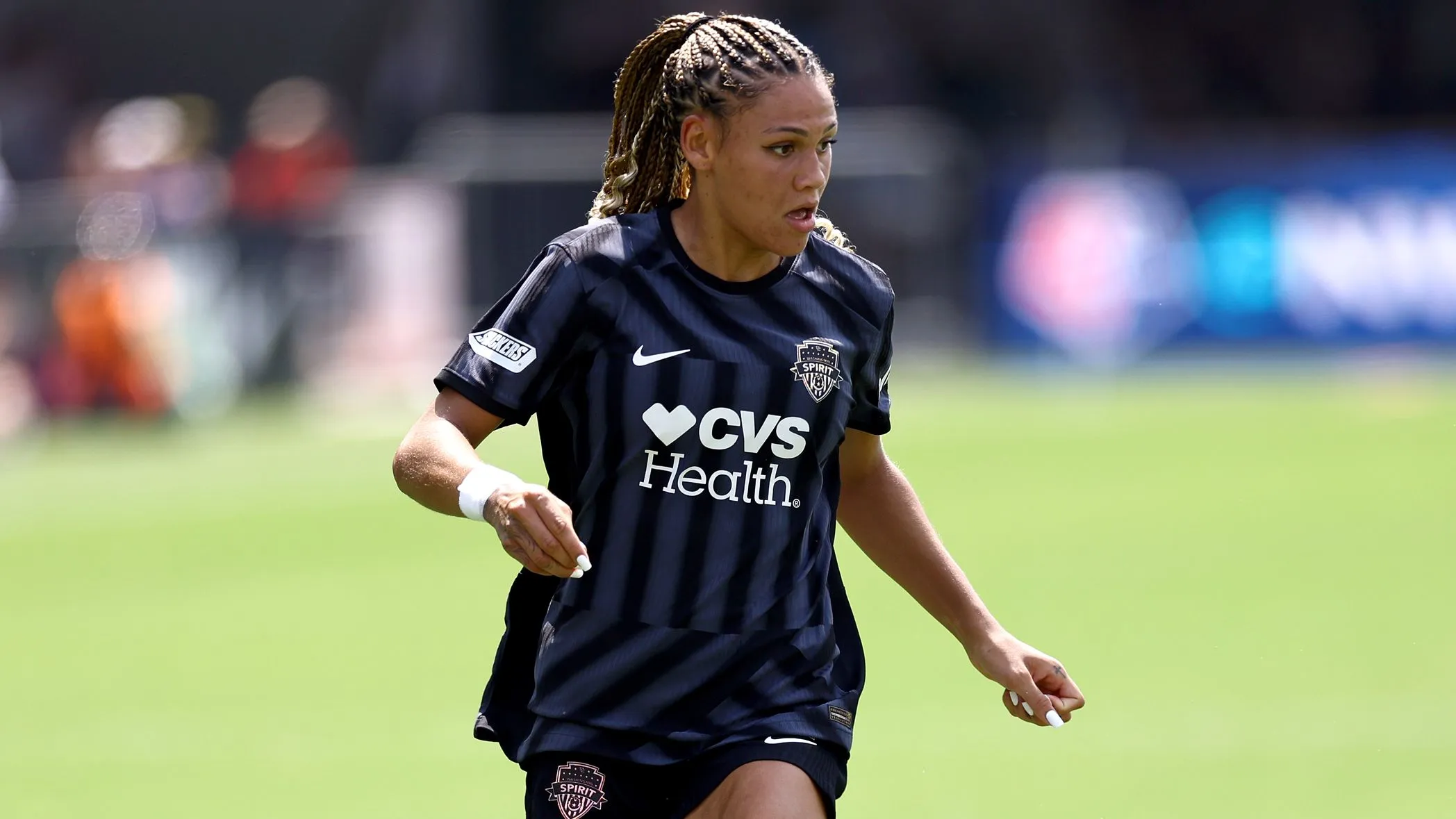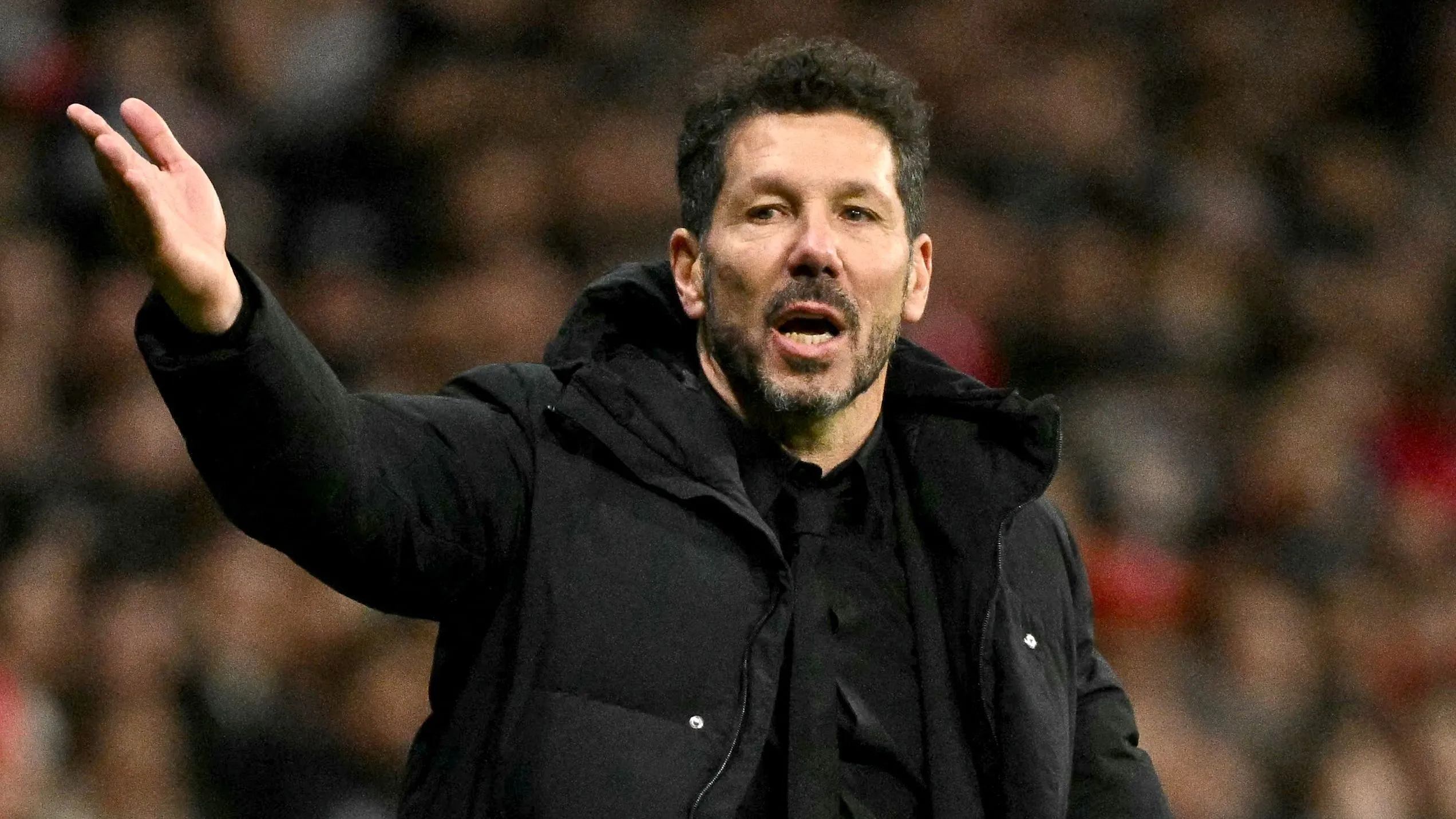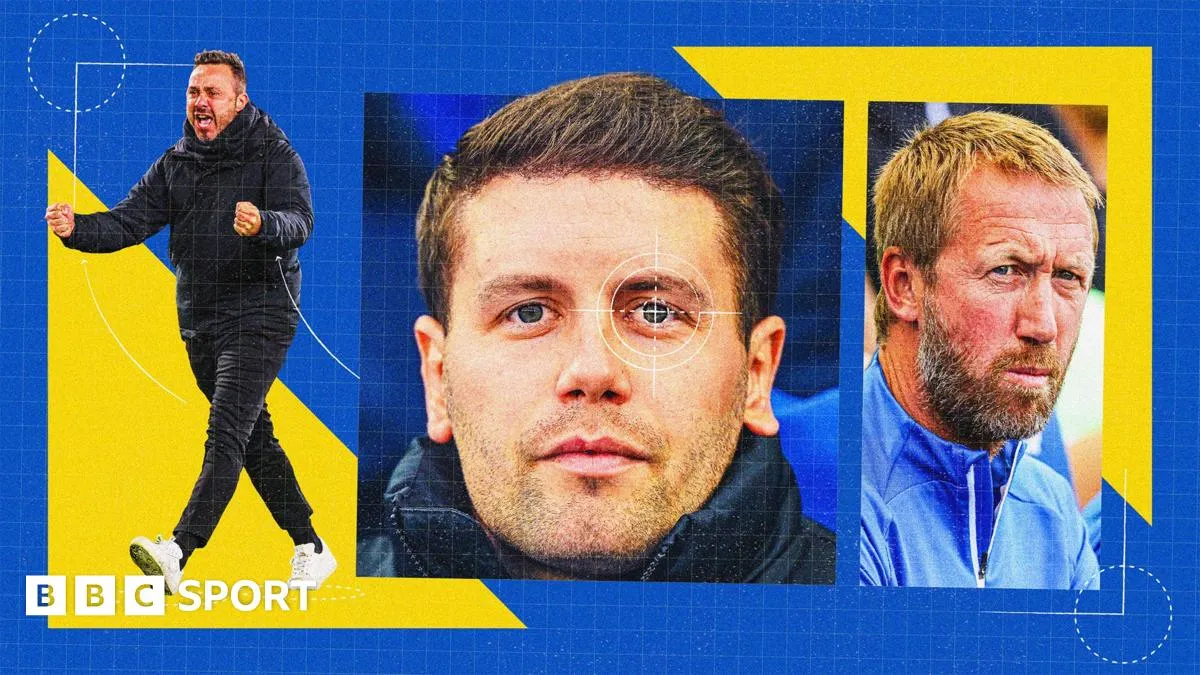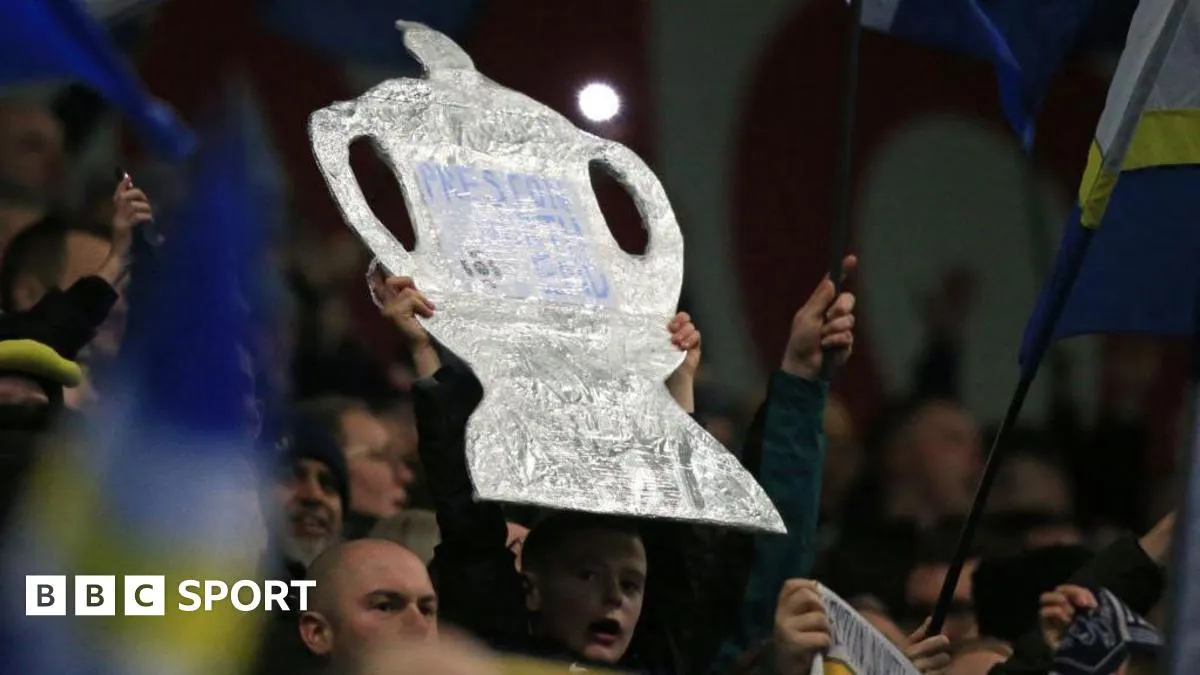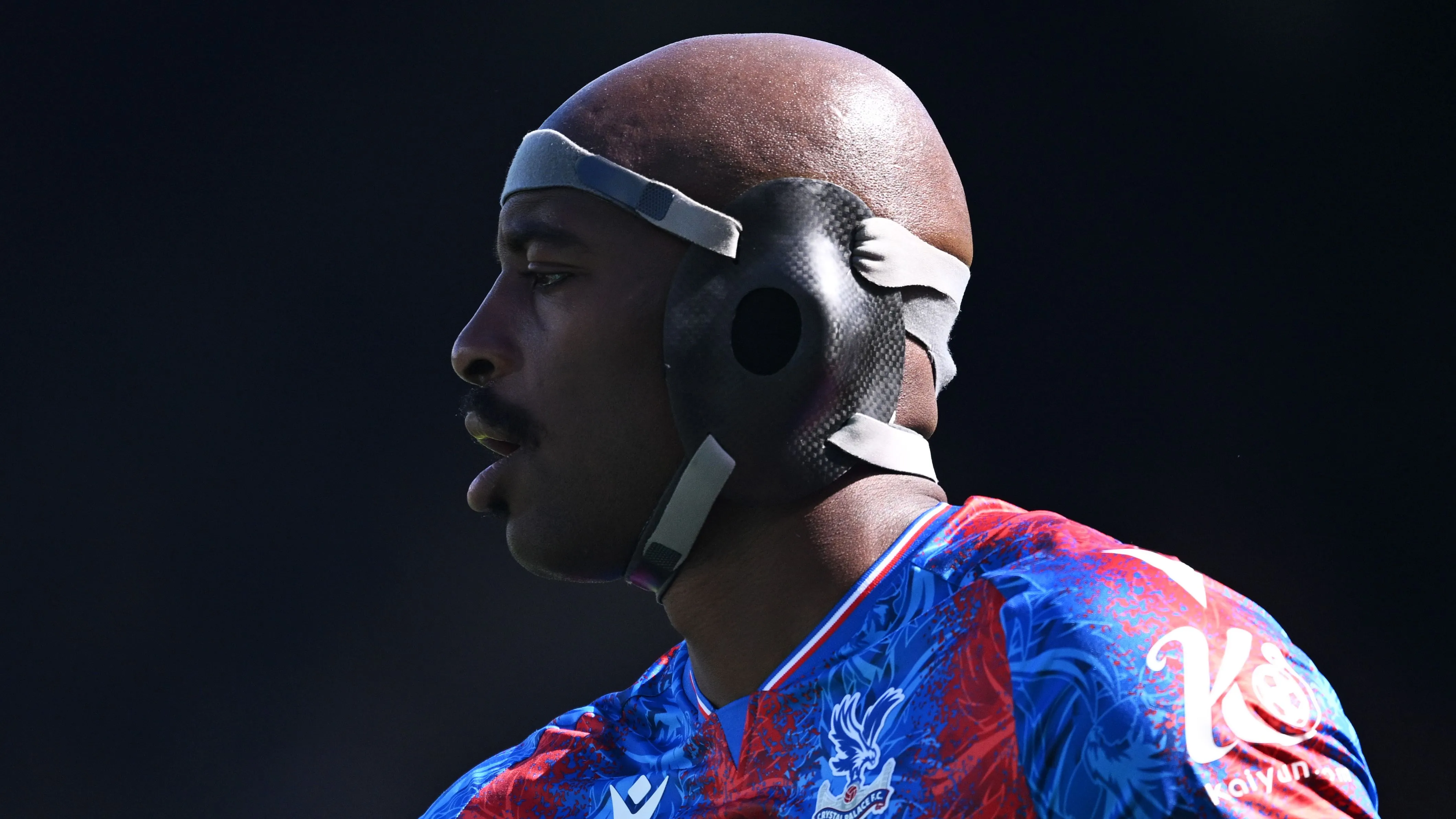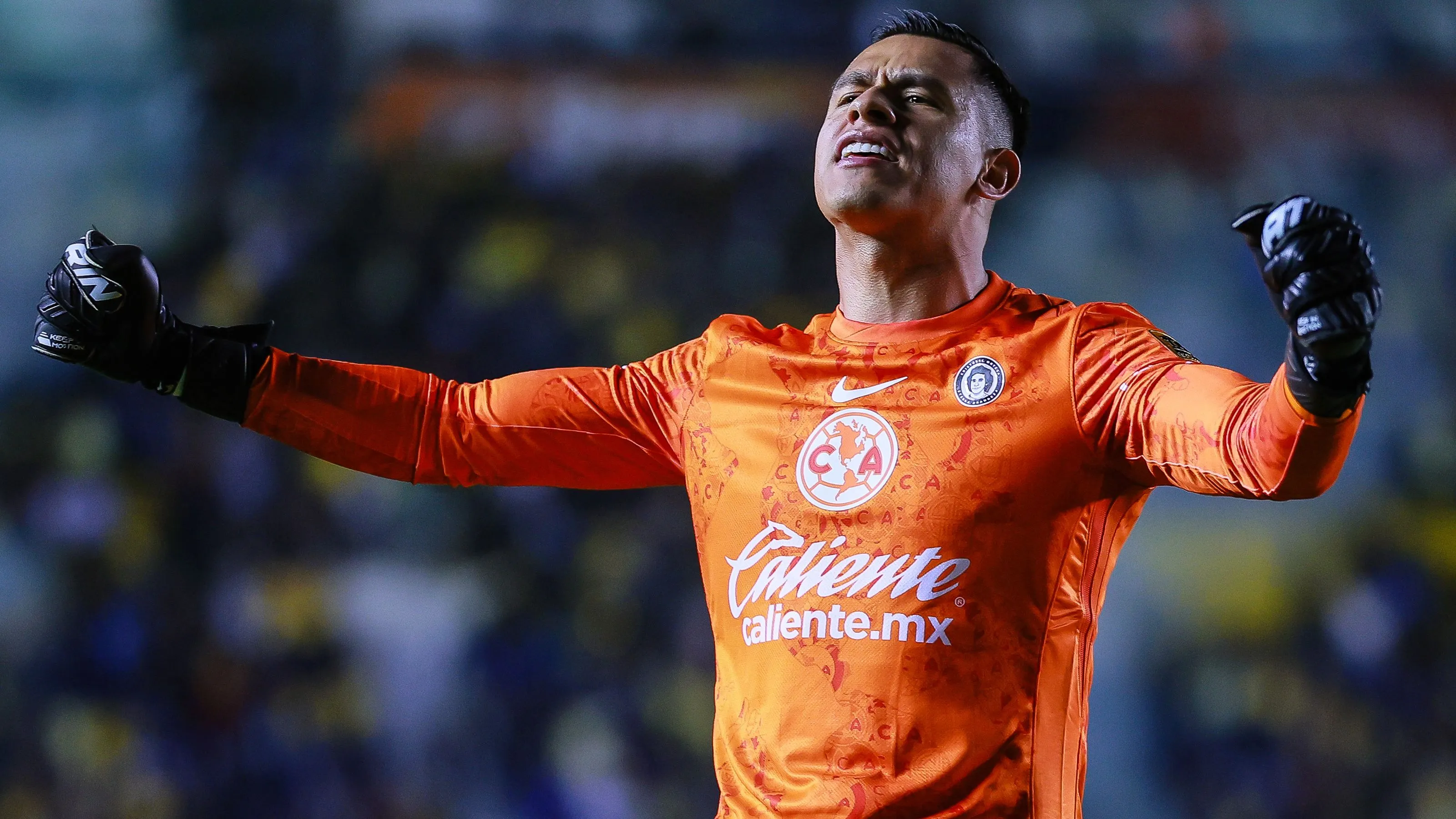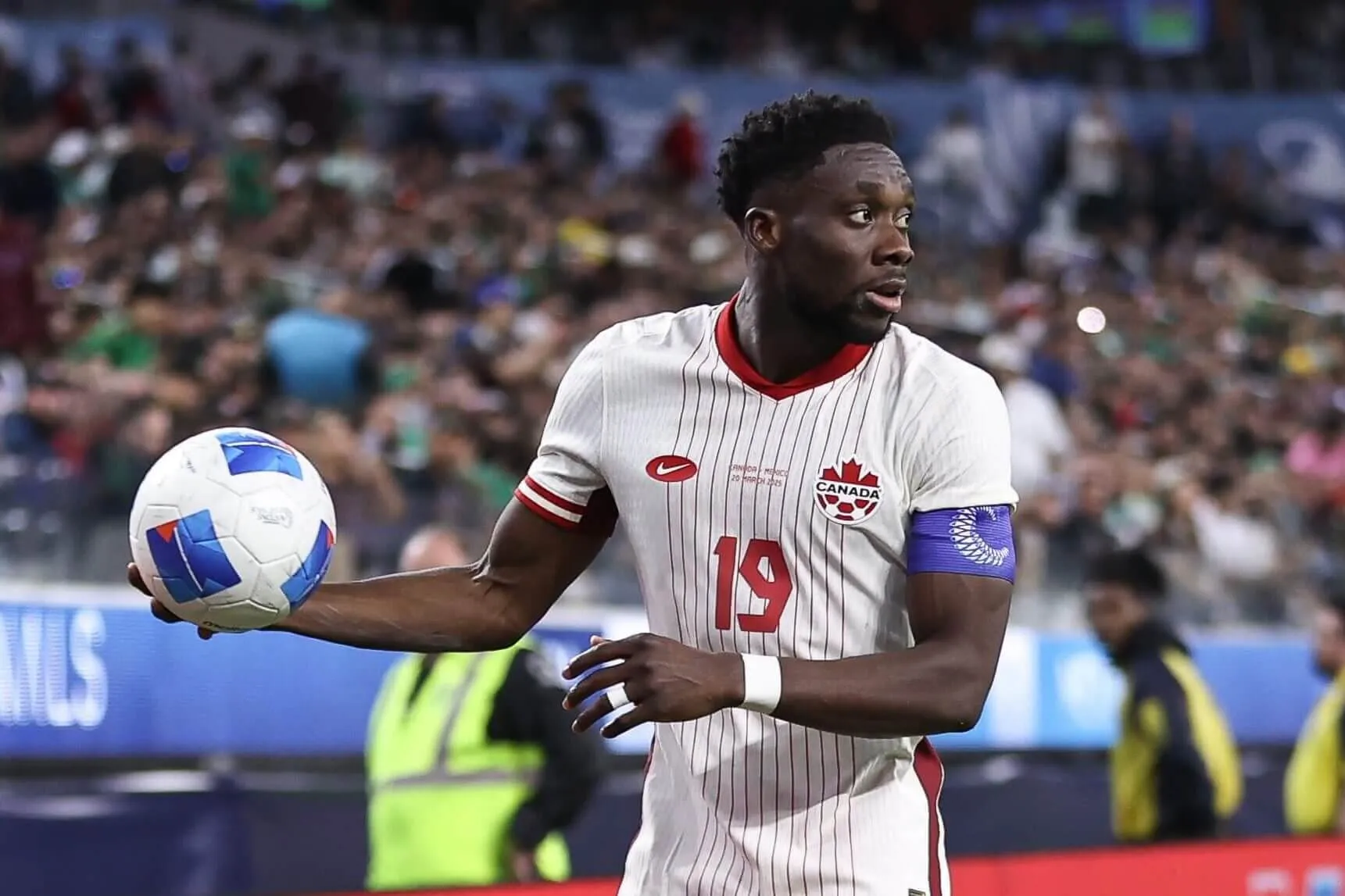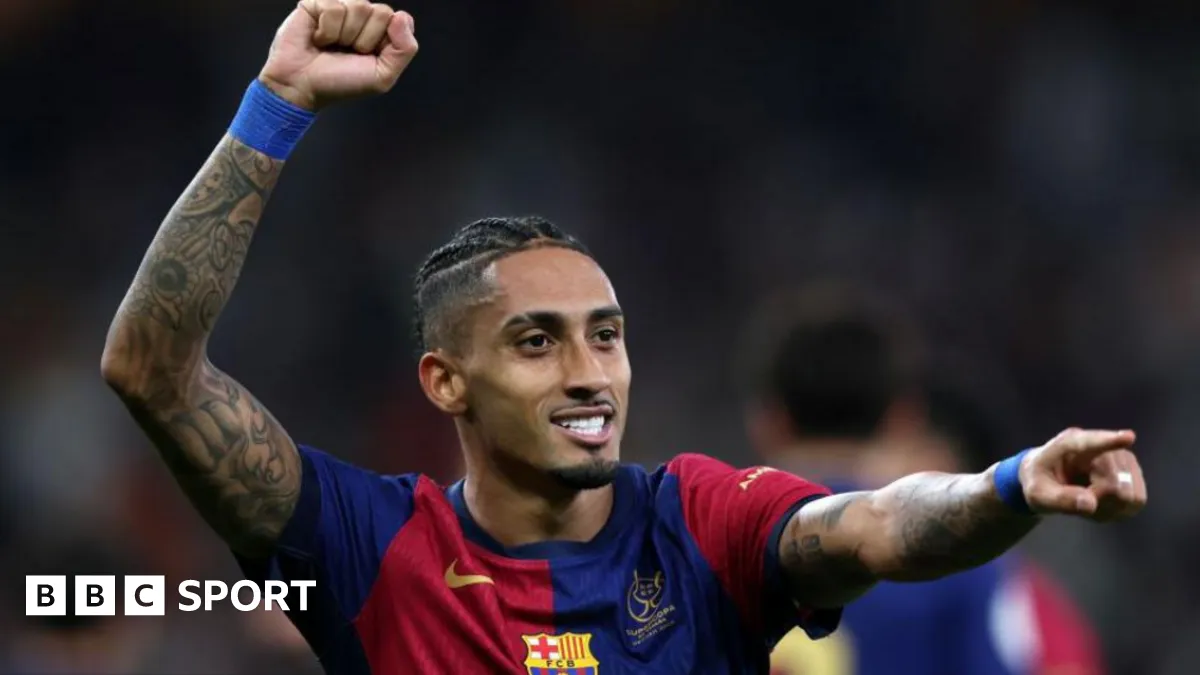
Raphinha's Remarkable Journey: From Brazilian Favelas to Barcelona's Main Man
On his 18th birthday, Raphinha sat alone in his tiny room in Florianopolis, staring at his phone. No messages. No calls. No offers. Injured and out of the Avai U20 team, he was on the verge of giving up. Football had been his escape from the favelas of Brazil's Porto Alegre, but now it felt like a dead end.
It was his mother's voice that changed everything. "If you stop now," she told him, "you'll have to live with this for the rest of your life. Are you ready for that?" That moment became his turning point.
Today, the same player who nearly walked away from football is at the heart of Barcelona's revival, delivering goals and defying expectations under new manager Hansi Flick. His transformation into one of the world's elite performers speaks volumes about his resilience, discipline, and unwavering desire to succeed.
Raphinha was raised in the grinding poverty of Restinga, a neighborhood in Porto Alegre where violence and drug trafficking are often a way of life. Raphael Dias Belloli knew from an early age that football wasn't just a way out—it was the only way out.
"I saw talented friends take the wrong path," he has mentioned in the past. Unlike them, he had the crucial support of his family, especially his mother and uncle, who encouraged him despite financial struggles. His mother worked tirelessly, and his family made sacrifices to buy him football boots and pay for transport to training sessions.
His football education came from the streets, playing barefoot against older opponents, developing the endurance and technical skills under pressure that would become his defining traits. Yet, major Brazilian clubs like Internacional and Gremio rejected him, considering him too thin and lightweight for professional football.
Eventually, he found an opportunity at Avai, a smaller club with a solid youth system. But even there, a serious injury left him sidelined and questioning his future—until his mother's stern reminder that giving up would mean finding a "proper" job.
Unlike many Brazilian stars who first shine at major domestic clubs, Raphinha's European journey started from the bottom. In Portugal with Vitoria Guimaraes and then Sporting, he demonstrated his ability to beat defenders and create chances. At Rennes, he proved he could be a game-changer.
His career accelerated when Marcelo Bielsa brought him to Leeds United, where he developed outstanding physical endurance, improved off-the-ball movement, and mastered pressing intensity—qualities that eventually caught Barcelona's attention. The Catalan giants signed him on a five-year contract for a reported initial fee of £50 million, potentially rising to £55 million in add-ons.
But his Barcelona journey wasn't immediately smooth. Under former coach Xavi, Raphinha struggled to establish himself as an undisputed starter, often being relegated to a squad role. In two seasons, he started just 42 out of a possible 76 matches and came off the bench 11 times.
With Barcelona's well-documented financial issues putting pressure on the club to sell assets before buying, Raphinha became the most likely candidate to be sacrificed—especially as the club pursued Athletic Bilbao's Nico Williams last summer. Meanwhile, the spotlight firmly focused on the precocious Lamine Yamal, who became effectively undroppable.
"There were several moments, not just one, when I considered leaving," Raphinha admits now. "There was a lot of self-doubt. I have a nasty habit of criticizing myself heavily, so that pressure made me think about leaving."
Everything changed with the arrival of Hansi Flick. The German coach gave Raphinha a bigger role and allowed him to play with confidence, focusing on making smarter decisions—knowing when to dribble and when to pass. The more direct style of play suited him perfectly.
The results have been remarkable: 24 goals and 18 assists in 39 games, with goals in every Champions League match this season. He has established himself not only as one of Barcelona's key players but also as a genuine Ballon d'Or contender.
His last-minute winner in Barcelona's thrilling 5-4 group stage victory at Benfica was a defining moment. His celebration, with Barca's entire bench running toward him in the pouring rain, became a symbolic image of the team's unity and cemented his status as a dressing room leader.
Indeed, Raphinha has been voted as one of the team captains, receiving the fourth-highest tally of votes behind Marc-Andre ter Stegen, Ronald Araujo, and Frenkie de Jong. When they were injured, he became the club's outright skipper. Even Lamine Yamal has publicly acknowledged Raphinha as his main mentor in the squad.
This leadership extends to the Brazilian national team, where he is now the undisputed number one leader in the group.
What sets Raphinha apart is his discipline and focus. He avoids distractions outside football, having no interest in nightlife or partying. He prefers to spend time at home with his family or focusing on training—habits that have been key to reaching his physical and mental peak.
Now that he has reached this point, there seems to be no stopping him. If Barcelona go far in the Champions League, nobody should argue against his right to be considered one of the top players in the world—a remarkable achievement for someone who once sat alone on his 18th birthday, contemplating giving up on his dream.

